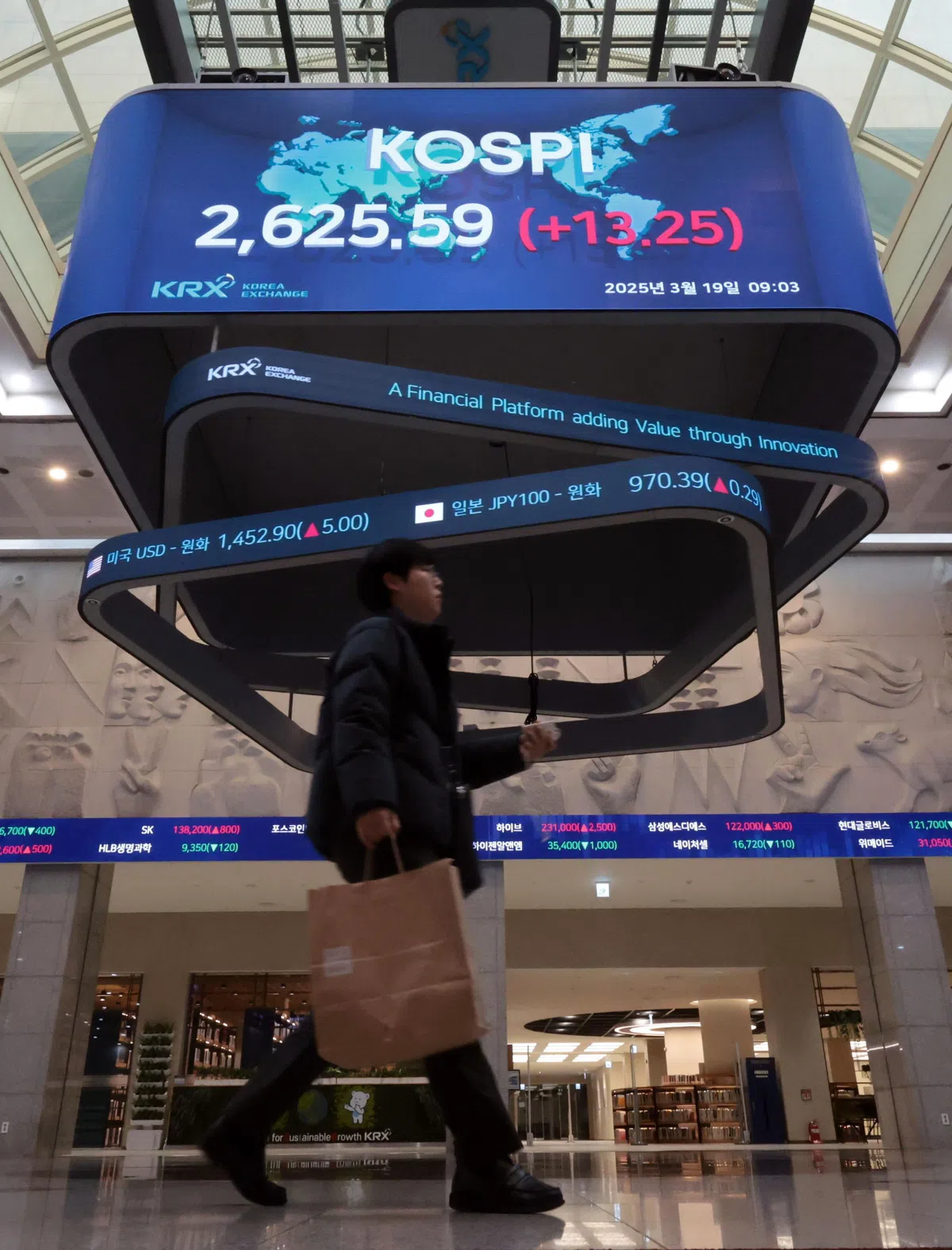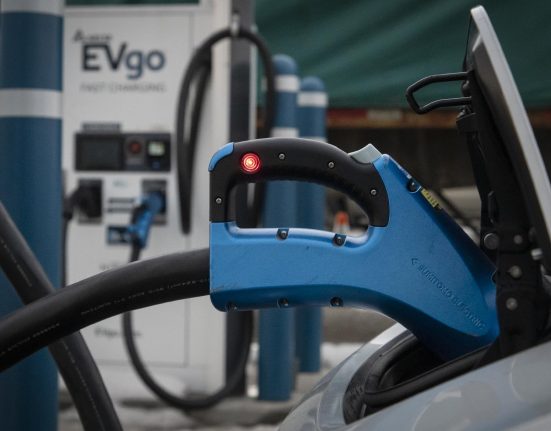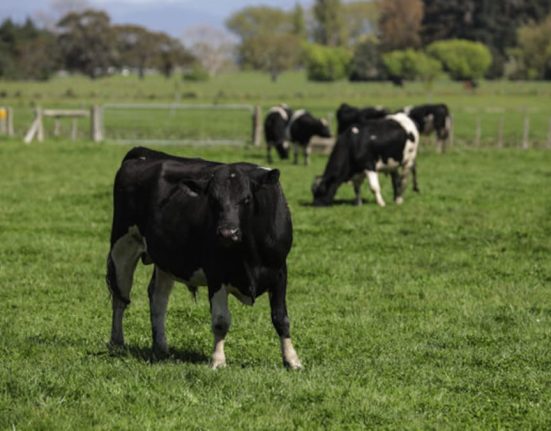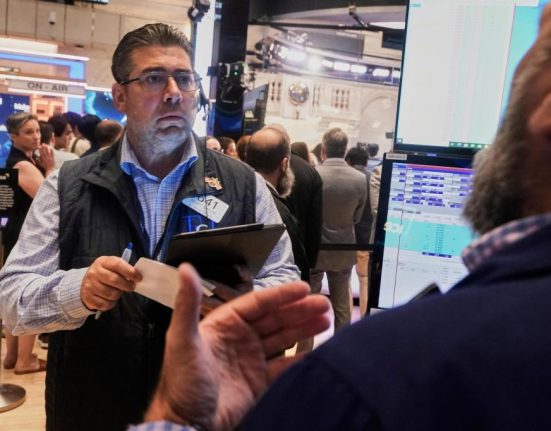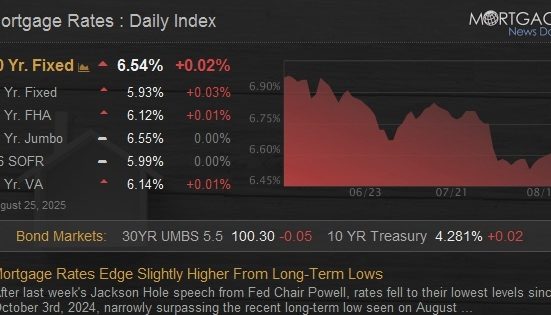SOUTH Korea’s US$1.7 trillion stock market is once again open to short selling, after the ban on the trading tactic used by hedge funds and banks around the world was lifted on Mar 31.
The latest prohibition on short selling was introduced in November 2023 as authorities sought to address concerns about market fairness and crackdown on an illegal practice known as “naked short selling”. Regulators subsequently investigated and fined a number of global banks for such activity and have introduced an electronic monitoring platform to help identify unlawful transactions.
The resumption of short selling after a 17-month ban could improve market access for international investors as it is likely to progress South Korea’s bid to be upgraded from emerging to developed-market status by index provider MSCI. Many global investors allocate their assets based on this classification.
What is short selling?
Short sellers borrow shares from brokerages and sell them on the open market. They then wait for the price to decline, buy the same number of shares at a lower price and hand them back to the broker. The short seller earns a profit by pocketing the price difference, net of any transaction costs.
The strategy works as long as the share price falls. If it rises, the short seller loses money because they have to buy shares at a higher price to replace those that they borrowed. In theory, the losses could be unlimited, as the share price could keep climbing indefinitely.
In general, short selling is undertaken because an investor believes that a stock is overvalued and its price will come down, or they are hedging a “long” position in another security in the same sector – a bet that the price will rise – to offset the risk that the price could actually fall.
BT in your inbox

Start and end each day with the latest news stories and analyses delivered straight to your inbox.
Short selling is a feature of most stock markets around the world, playing a pivotal role in market efficiency by helping to correct the mispricing of assets. It also helps in boosting market liquidity by making it easier for investors to buy and sell securities.
Why was short selling banned in South Korea?
Restrictions on short selling are sometimes implemented around the world during periods of economic turmoil. South Korea joined the US, UK and other countries in temporarily banning short selling to varying degrees in response to the 2008 financial crisis.
In March 2020, South Korea implemented a full ban on short selling to contain the market rout fuelled by the Covid-19 pandemic. The Financial Services Commission partially lifted these restrictions the following year for stocks on the benchmark Kospi 200 Index and the small-cap Kosdaq 150 Index, only to stage a surprise U-turn and reimpose a blanket ban in November 2023, at a time when there was no major market upheaval.
The goal was ostensibly to stamp out naked short selling – a practice outlawed in South Korea and many other jurisdictions too, including the US and European Union. Unlike normal short selling, where the seller borrows shares and then sells them, naked short selling involves selling shares without having first borrowed any stock – or even confirming it can be borrowed – to honour the agreement.
South Korea’s financial regulators launched a probe into illegal short-selling activity and as at mid-March 2025 had handed out fines totaling 84 billion won (S$76.6 million) to several banks including BNP Paribas and Barclays, as well as HSBC, which was later acquitted by a court. Most of the cases involved procedural rule violations.
The umbrella ban on short selling could also be seen as lawmakers yielding to pressure from domestic retail investors – who total more than 14 million in a country of 52 million people and have become an important voting bloc. Known as “ants” for their ability to influence policies when they act as a group, these retail traders are concerned that short selling by institutional investors creates an unfair playing field. They argue that larger market participants have the power to drive down share prices.
How did the short-selling ban affect the market?
The Kospi briefly rallied immediately after the ban was imposed in November 2023. But the performance of South Korea’s benchmark equity index was mostly choppy while the prohibition was in place, weighed down in 2024 by political headwinds, such as the impeachment of President Yoon Suk Yeol after a failed attempt to impose martial law. Across the 17 months in which the short-selling ban was in effect, the Kospi underperformed MSCI’s main Asian equity index.
Short selling accounted for roughly 5 per cent of total Kospi turnover in 2023 before the ban in November that year, according to exchange data calculated by Bloomberg.
Analysts said that the absence of short sellers created bubbles in certain sectors in the South Korean market, especially those favoured by retail investors, such as stocks related to the electric vehicle supply chain. This is because short selling can help determine the fair value of a security.
While overseas funds snapped up Korean equities in 2024 largely on the expectations that a separate government campaign would boost shareholder returns, there were outflows of foreign funds from the South Korean market this year amid political uncertainties and US tariffs risks.
Why was the short-selling ban lifted in 2025?
The ban was originally supposed to end in June 2024 but was extended until regulators were able to finish revising their rules on short selling and develop a monitoring system to detect illegal trading activity. The chairman of the Financial Services Commission, Kim Byoung-hwan, said in February 2025 that a complete resumption of short selling, rather than another partial lifting of the restrictions, was necessary, as the nation’s credibility in the international community was at stake.
The financial regulator revised the maximum period investors can lend stocks to be shorted so that the period is the same for both retail investors and professional investors. It also revised the rules to impose harsher penalties for illegal trades, which can now include life in prison.
The centralised monitoring platform will be managed by Korea Exchange, the country’s main bourse operator. The system is designed to identify trades that short stocks without first borrowing the shares. If there’s a mismatch between a sell order and the outstanding balance, the transaction will automatically be reported to authorities. There was no such system in place before the ban.
What does the return of short selling mean for investment?
The end of the short-selling ban could entice inflows of foreign capital. Global funds offloaded nearly US$20 billion of South Korean equities between the end of August 2024 through March 2025 amid the country’s political turmoil and tariff uncertainties. Pictet Asset Management said in February that it planned to buy more South Korean stocks once the restart of short selling allows it to hedge its long equity positions.
A return of international investors could spark a revival in the issuance of convertible bonds – a form of hybrid corporate debt that holders can exchange for a fixed number of shares of the issuing company. Issuance of these bonds had largely dried up while the short-selling ban was in place.
The drop was particularly acute for dollar-denominated convertibles, which are popular among global arbitrage investors, who buy the debt while shorting the underlying stock. A resurgence in convertible bonds would offer firms a cheaper source of funding, as the notes tend to carry lower coupon rates than traditional debt.
The resumption of short selling could also provide South Korea with a much-needed boost to attract global investors: an upgrade to developed-market status by MSCI. The index provider evaluates equity markets around the world every year to determine whether they should be classified as a developed, emerging, frontier or standalone markets.
South Korea has been categorised as an emerging market since 1992, the same status as China and India. In MSCI’s annual review in June 2024, it said that South Korea’s short-selling ban was a constraint on market accessibility – one of three key pillars it uses to evaluate markets. Removing this barrier could put entry into the club of mature markets within touching distance for South Korea at long last. BLOOMBERG

